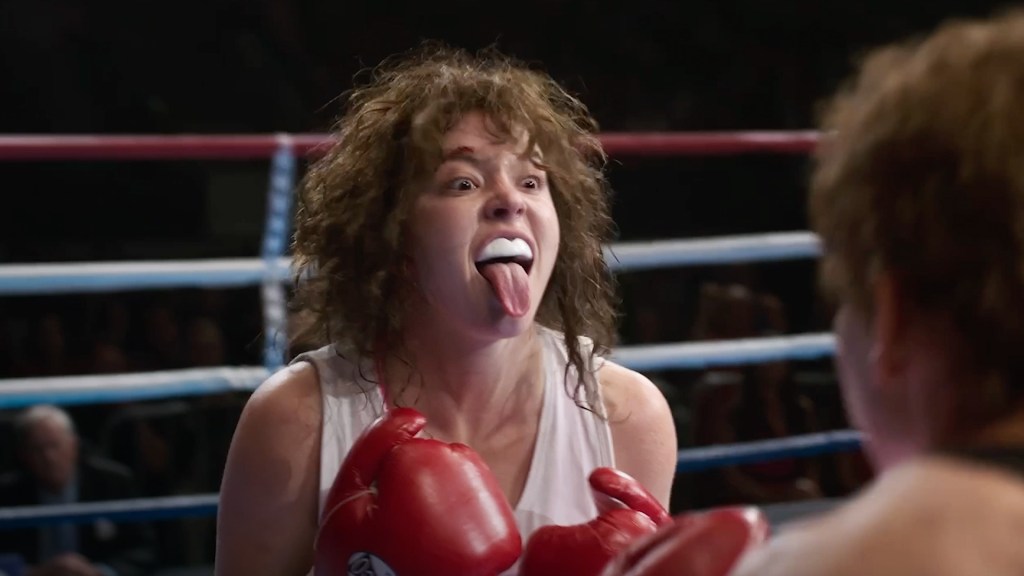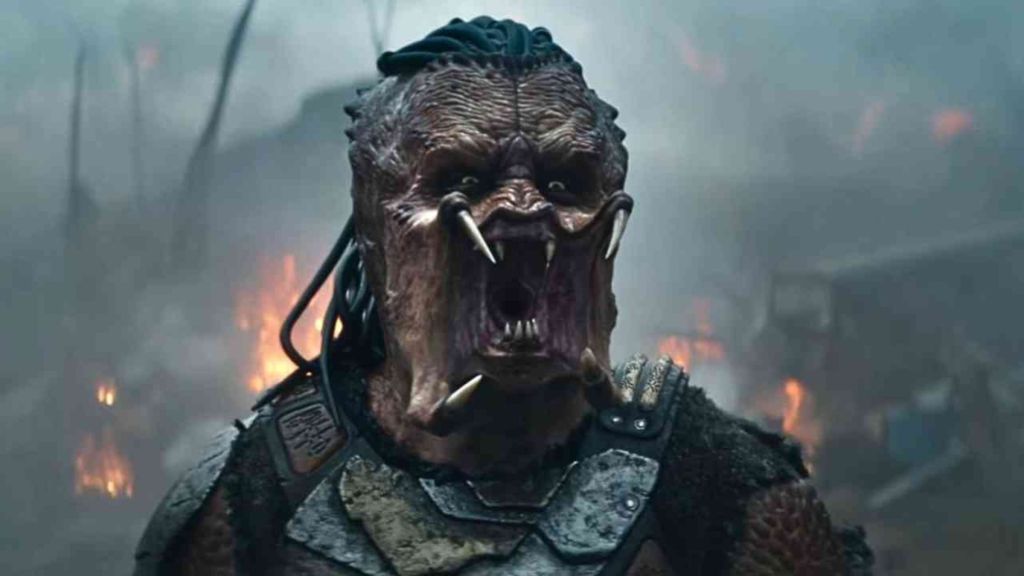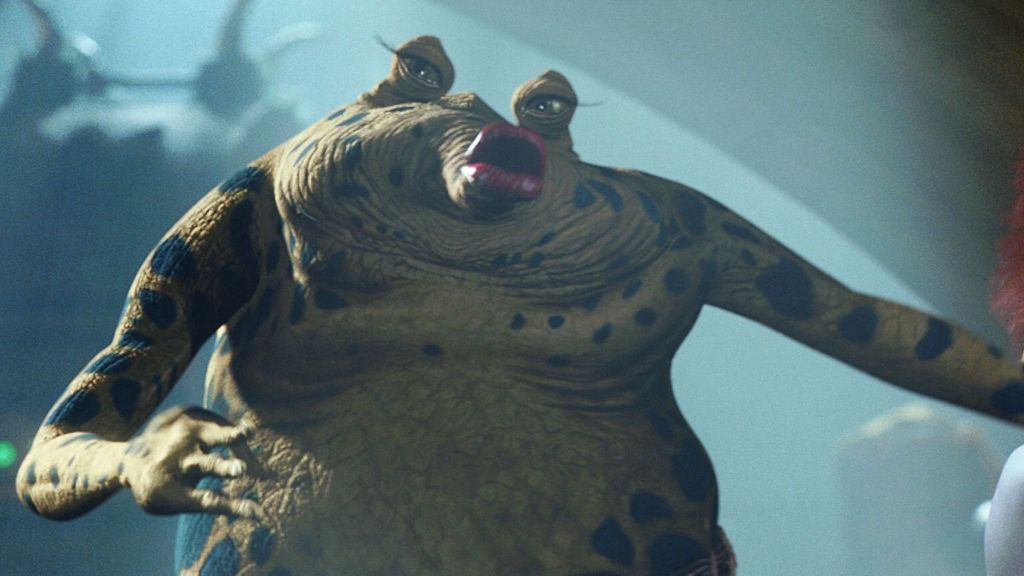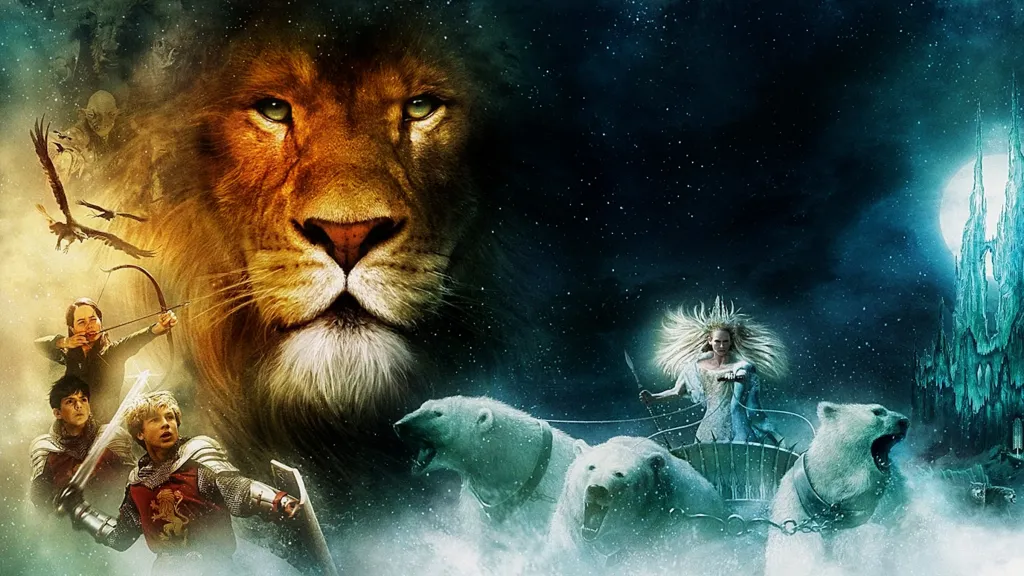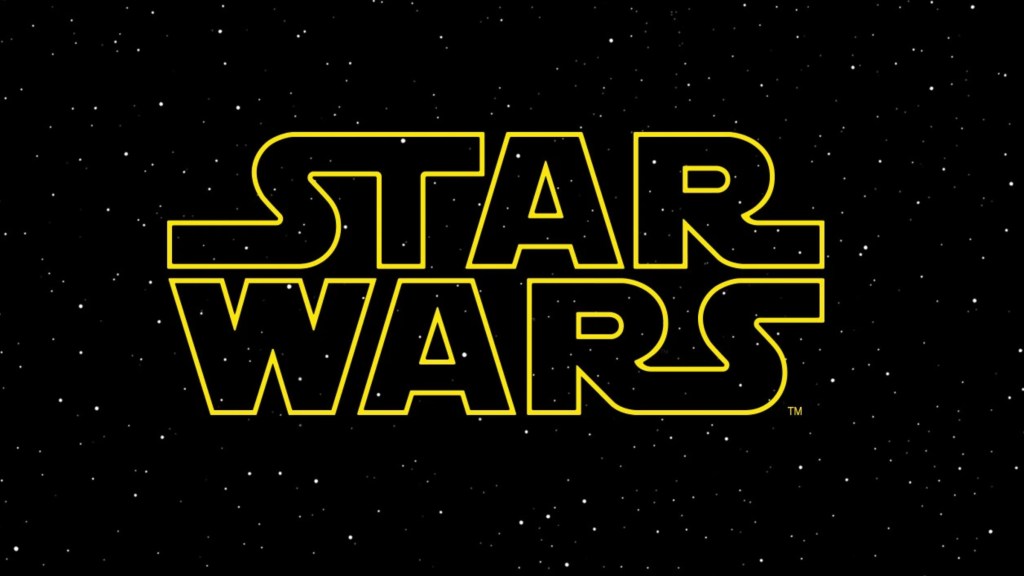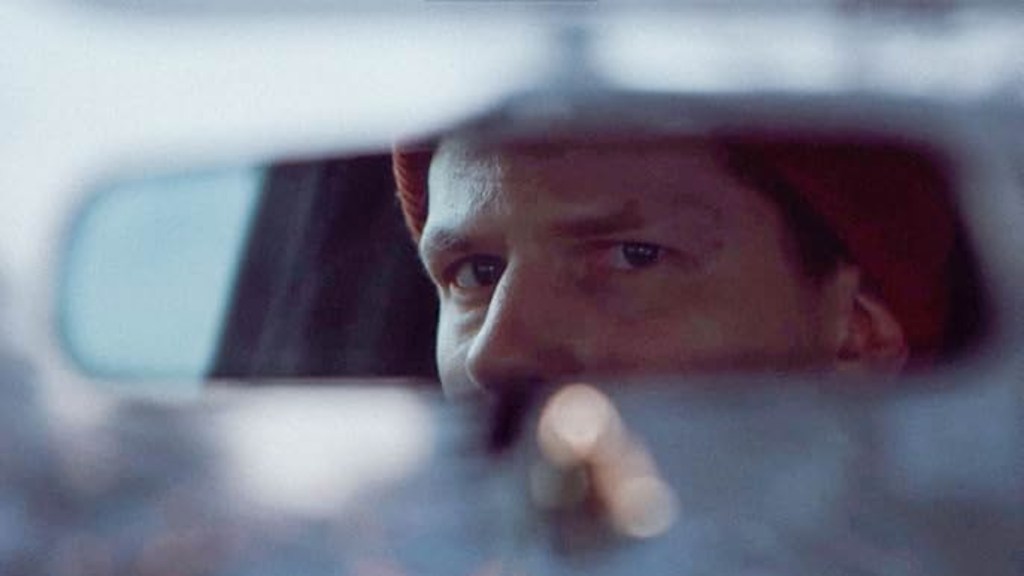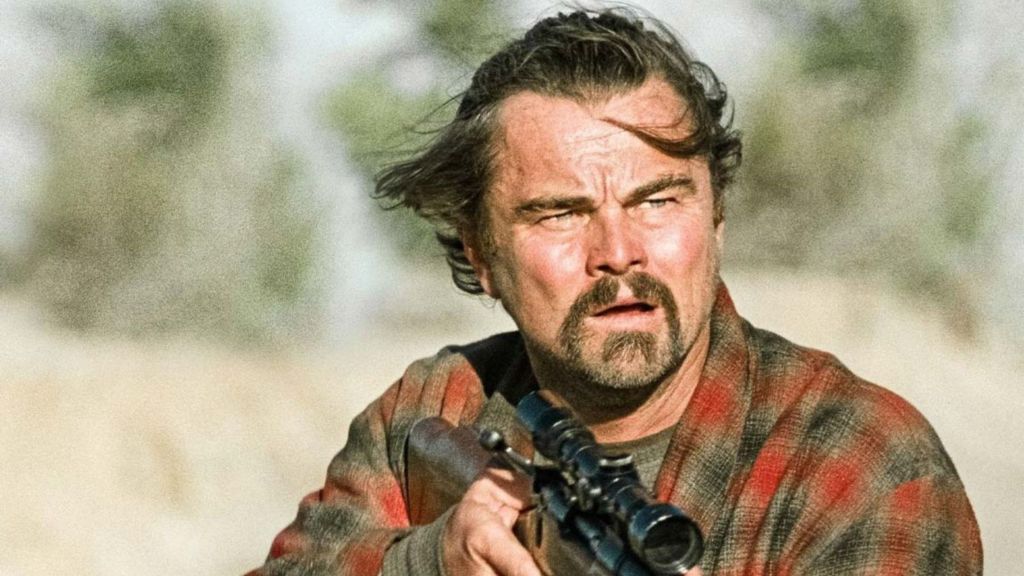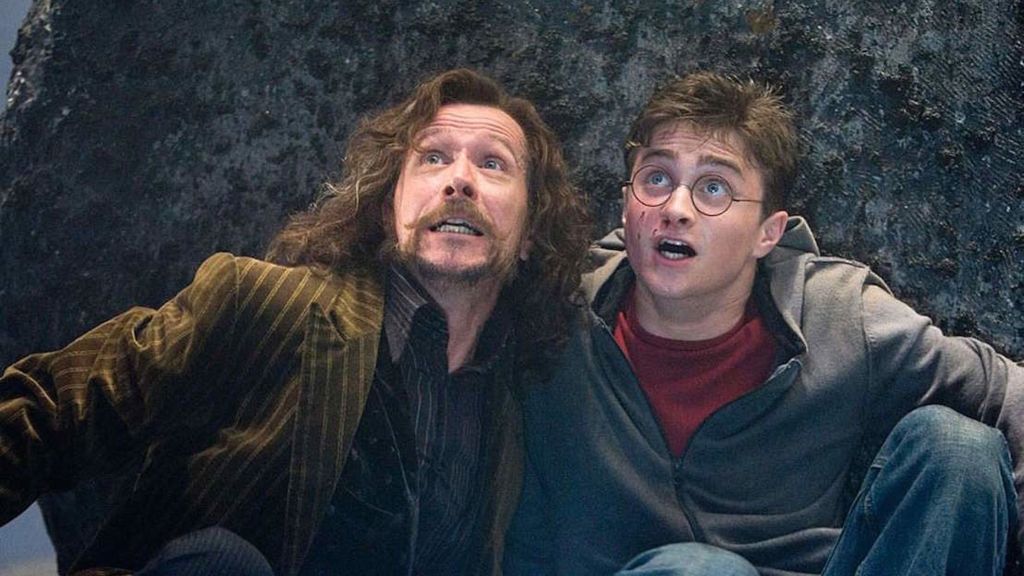-
Sydney Sweeney’s New Movie Has One of the 10 Worst Box Office Openings of All Time
Sydney Sweeney may be making headlines, but she’s not topping the box office.
Comments -
Predator: Badlands Director Confirms a Major Aliens Connection (And It May Answer a Big Question From the Movie)
Predator: Badlands‘ big Aliens Easter egg may answer a big question.
-
Thanos’ MCU Return In Phase 6 Just Took Another Big Step Forward
Thanos was defeated in Avengers: Endgame, but the Mad Titan could be about to return in either Avengers: Doomsday or Avengers: Secret Wars.
-
New Narnia Star Breaks Silence & Officially Confirms Casting in Greta Gerwig’s Reboot, 7 Months Later
Narnia: The Magician’s Nephew will introduce fans to Emma Mackey as Jadis, aka the White Witch, and the actress is finally talking about it.
-
2026 Will Be The End of An Era For Star Wars (At Exactly the Wrong Time)
2026 will mark the end of one Star Wars mainstay… after 47 years.
-
Netflix Quietly Adds A Shocking 2023 Thriller Barely Anyone Saw (& It Stars A DCEU Star)
A DCEU star delivered a career-defining performance in this movie now streaming on Netflix.
Movies
Movie news, reviews, and interviews on all your favorite films.

